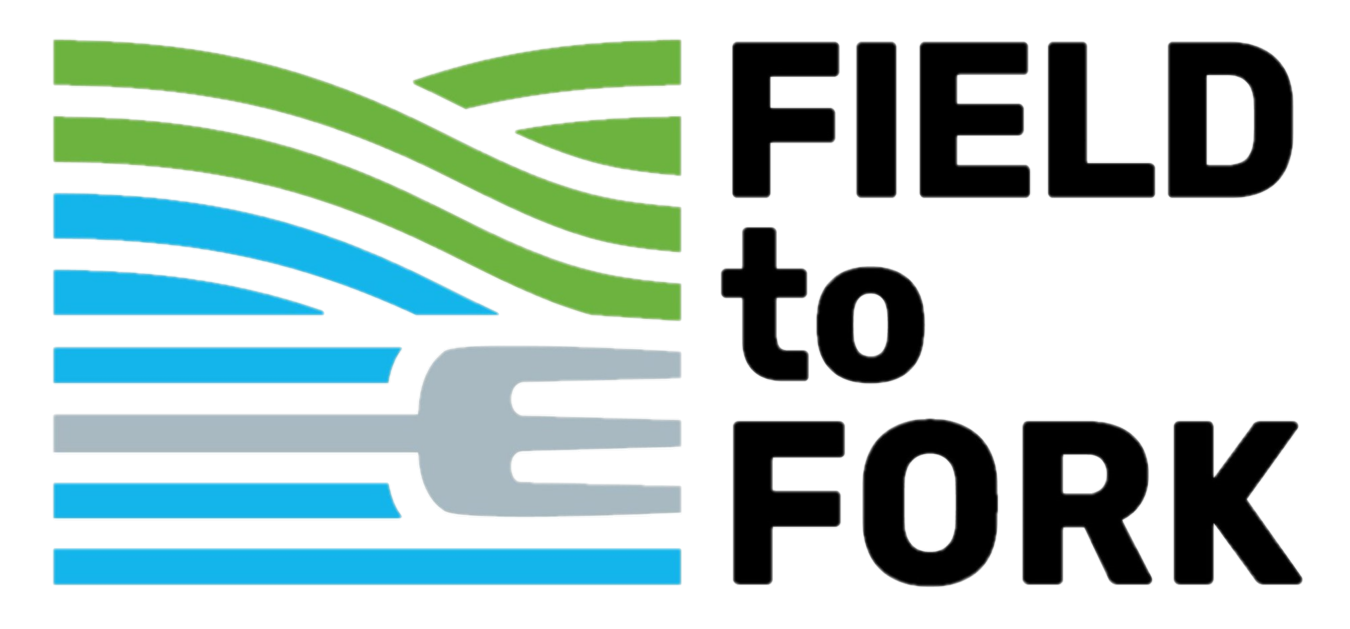
Great food and great weather bring us together. Barbecues in the summer are perfect for spending time outside with loved ones. Here are some tips to make BBQing as “green” as possible this summer!
1. Cook Plants and Plant Based Foods
Plants are far less climate-intensive than meat: tofu, tempeh, seitan, mushrooms, jackfruit, nuts, beans, grains, and legumes. You can marinate, air fry, blend, and, of course, grill them!
Staple foods can easily be or are already meatless, such as falafels, fufu and stews, stir-fries, pastas, soups, salads, and grain dishes.
2. Eat Less Meat of Higher Quality
Beef and lamb have high water usage and manure pollution. Poultry is not as climate-intensive.
Incorporate sustainable meat without breaking the bank by reducing how much meat you eat and/or how often you eat meat.
Buy from local, regenerative, and sustainable farms using the resources below. Many Minnesota farmers markets accept Supplemental Nutrition Assistance Program!
Regeneration International
CSA Farm Directory
MN Farmers Markets
3. Know Your Labels
These labels apply to all types of meat. Understand their meanings so you can make more sustainable choices about your meat consumption and avoid marketing ploys:

Certified Humane
Operations that meet precise, objective standards for farm animal treatment.
Regenerative Agriculture
Agriculture that combines indigenous knowledge with western science and technology, a future that re-establishes relationships between humans, crops, animals, soil, and ecosystems.
Organic
Produced using cultural, biological, and mechanical practices that support the cycling of on-farm resources, promote ecological balance, and conserve biodiversity.
Grass Fed Labels
Grass-fed beef is not as climate-intensive as grain-fed beef. Check out the following labels and certifications, from most to least sustainable:

4. Avoid Marketing Ploys
"Product of USA" - It isn't required to state the animal's place of origin; companies include this label even if the ground beef contains meat from Brazil
"Natural", "Fresh", "Humane", "Free-range" - These terms are not regulated and they do not hold or have any certification or standard
"Antibiotic-free" - Poultry are required by law to be raised without antibiotics
5. Sign the Clean Water Action Field to Fork Sustainable Grocery Petition
Tell grocers we need sustainable and equitable meat products and food!
6. Learn More!
Read some of our past blogs for more sustainable tips!
Plant-Based Diets: Be Healthier while Reducing Your Water Footprint
Tip: Choosing safe cookware
How to reduce plastic at your BBQs and picnics this summer
Zero Waste Earth Day Tips
Quick Tips for a Healthier Thanksgiving
Quick tips for starting your spring compost pile!
Making environmentally friendly choices can be and should be inexpensive, easy, and nourishing! For questions, ideas, and connections, contact Field to Fork organizer Alaina Lawrence at alawrence@cleanwater.org.
Have a happy, healthy, and delicious summer!

Clean Water Action Minnesota’s Field to Fork: Sustainable Feed, Sustainable Food program is to engage and assist Minnesotans in adapting sustainable agriculture practices, educate consumers on making environmentally friendly choices, and to implement policies to protect our natural resources including soil health, native landscapes, and clean water.
Learn more at cleanwater.org/FieldToFork



